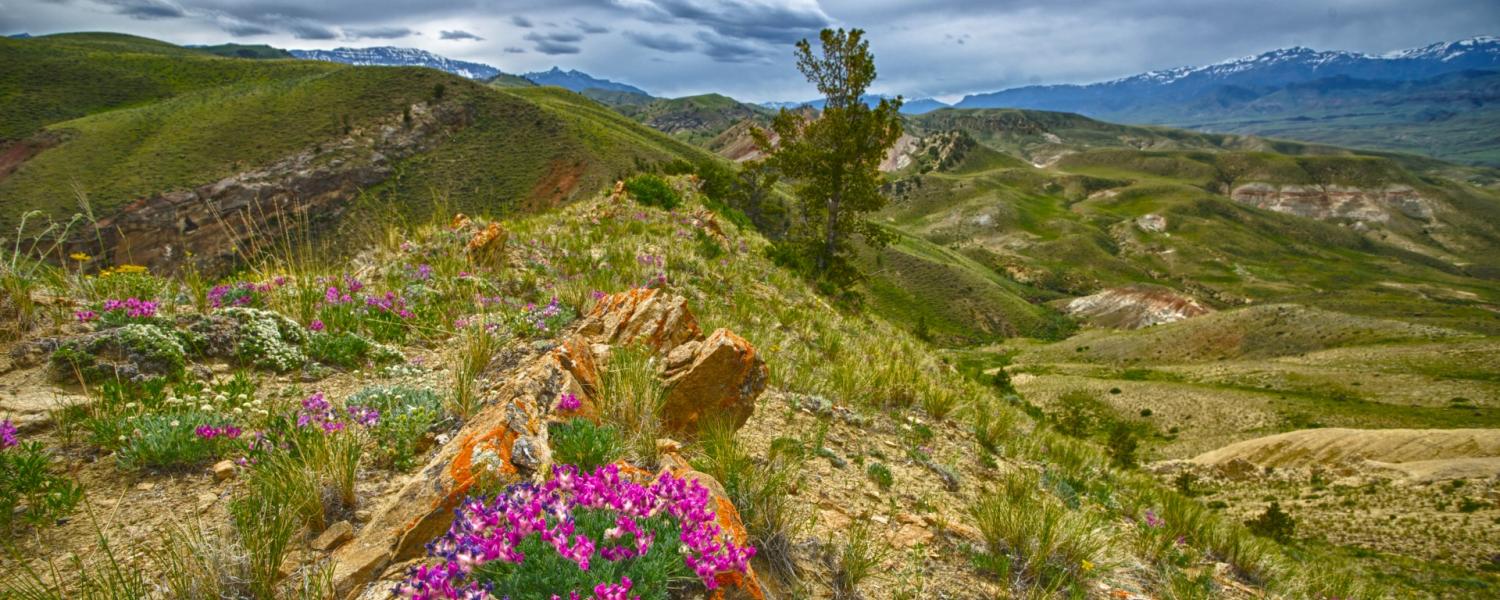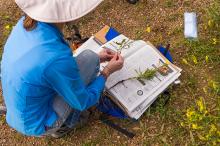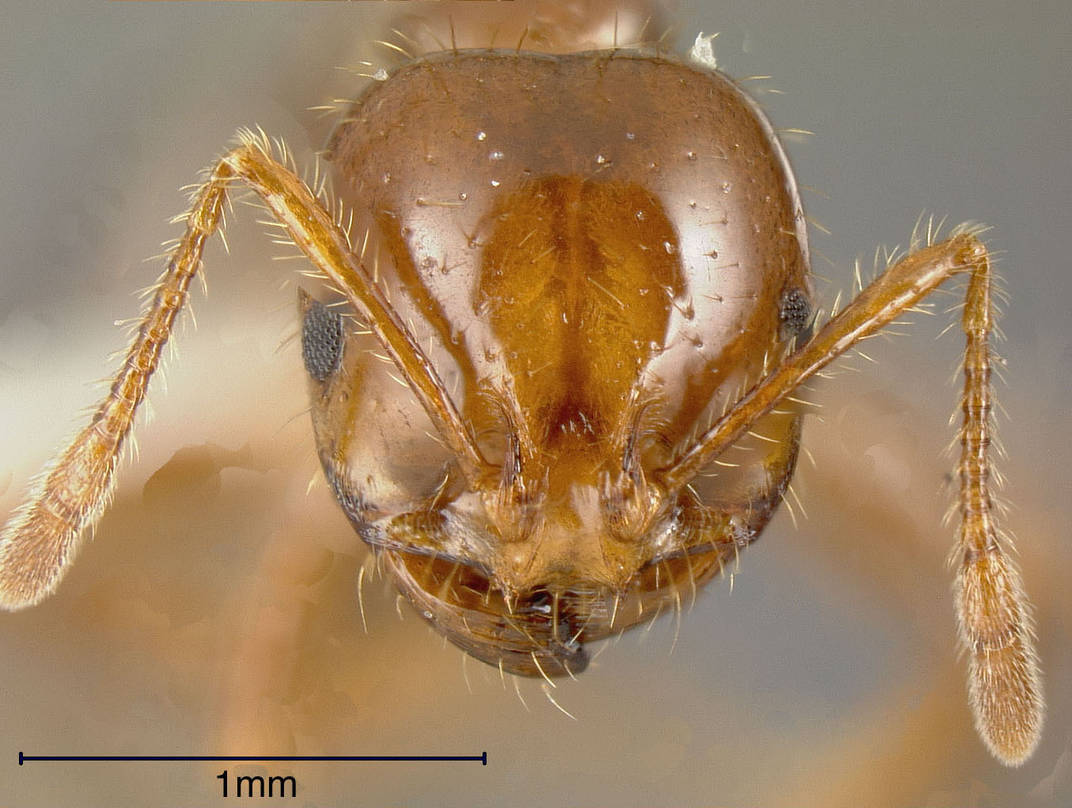RSS Content Feed
Job Opportunity: Research Museum Collection Manager – Insect Division, University of Michigan Museum of Zoology
How to Apply
A cover letter is required for consideration for this position and should be attached as the first page of your resume. The cover letter should address your specific interest in the position and outline skills and experience that directly relate to this position.
http://careers.umich.edu/job_detail/149249/research_museum_collection_ma...
Responsibilities
- Growth, Maintenance and Digitization (GMD) of the insect collections, including pinned, slide-mounted, fluid preserved and frozen specimens, and paper archives. Activities may include organizing and participating in field expeditions (which will include international collecting), coordinating and contributing directly to digitization efforts, as well as writing collection-based grants to support GMD of the insect collection. Responsibilities also include working with faculty curators to develop and implement policies, standards, and procedures for the scientific and technical work performed within the research collections; reviewing, updating, and enhancing the insect collections management plan.
- Confer with faculty and student researchers to plan and develop research projects utilizing the research collections and/or that enhance collection resources. Author or co-author articles / book chapters for publication; present or co-present with faculty in class settings or at scientific conferences; secure grant funding for research projects that enhance collection resources.
- Accessioning of new specimens. Activities involve preserving new specimens in the appropriate manner and cataloging them in the electronic database, with taxonomic identities to order and family (minimally). When needed, use DNA barcoding to classify unknowns.
- Maintenance and growth of the insect genomic resources in the Liquid Nitrogen Facility. This activity involves the accessioning of new specimens and maintenance of database records on genomic resources in the Insect Division.
- Coordinate and process inter-departmental and inter-institutional loans and exchanges. Activities include the packing and unpacking of loans (specimens and tissues) and providing federal and international permit information when appropriate, and the electronic exchange of digitized information.
- Routine maintenance of the data portal through which our holdings are made accessible to researchers across the world. This activity requires regular attention to both our electronic, searchable database and a server that connects us to the international community.
- Training and supervision of staff volunteers, work-study students and graduate research assistants in all aspects of specimen preparation and conservation practices, geo-referencing and digital imaging of specimens and routine collections maintenance tasks.
- Maintenance of the collection areas and equipment to make them suitable for research, outreach, and use by visitors, either on site or remotely through online communication.
- Coordination of research visits and educational tours of the collections; participation in museum outreach activities.
Required Qualifications
An advanced degree (master’s or doctoral) in biology, zoology, or related fields with 3-5 years of museum experience and/or insect systematics is required. Experience with database construction, use, and management is strongly preferred, and molecular experience is highly desirable. Familiarity with research collections is required, as is expertise with insects; expertise with arachnids is desirable.
Additional Information
The College of Literature, Science, and the Arts seeks to recruit and retain a diverse workforce as a reflection of our commitments to serve the diverse people of Michigan, fulfill the College’s Guiding Principles, and sustain the excellence of LSA.
To learn more about diversity, equity, and inclusion visit http://lsa.umich.edu/
Postdoctoral Position in Public Participation in Digitization of Biodiversity Collections
To apply, send a cover letter and CV with contact information for three references in a single pdf file to Austin Mast (amast@bio.fsu.edu). In the cover letter, please cite past activities that demonstrate each of (1) through (4) above as well as provide the date on which you could start the position and a paragraph or two on your long-term career goals and how you see this position fitting into them. Applications will be considered beginning on Nov 15 until the position is filled. Florida State University is an Affirmative Action/Equal Opportunity Employer.
iDigBio at TDWG 2017 - The Biodiversity Informatics Science and Standards Meeting of the Year.
by Deborah Paul, Matthew Collins, Alexander Thompson
Natural History Collections as Primary Data in Ecological Research
Prologue: Many of us in the ADBC world look for ways to expand the community of users of museum collections data and to increase the ways in which collections data are used. Recently, in Trends in Ecology and Evolution (TrEE), an opinion piece was published by Scott A. Morrison, et al. titled "Equipping the 22nd-Century Historical Ecologist." In this paper, Morrison, et al.
Research Experiences for Undergraduates in Digitized Collections Data
Contributed by Pam Soltis and Adania Flemming
iDigBio supported five students in its inaugural mini-REU site program during summer, 2017. This program, modeled on NSF’s Research Experiences for Undergraduates Program, was developed to provide undergraduates with research opportunities using digitized natural history collection data.
Digitizing Mollusks Workshop Report
Participants in the iDigBio supported Digitizing Mollusks workshop.
The iDigBio supported “Digitizing Mollusks” workshop was held immediately prior to the American Malacological Society meeting in Newark, Delaware on July 15-17, 2017. Thirty-eight collections professionals from 24 established and developing mollusk collections gathered to discuss the status of Mollusk collection digitization in North America and abroad.
Researchers to Create Digital Archive of Rocky Mountain Plants

CU Boulder researchers and collaborating institutions have been awarded $2.9 million from the National Science Foundation (NSF) to create a comprehensive digital archive of more than 1.7 million plant specimens native to the southern Rocky Mountain region.
We have registered your response, feel free to close this tab and return to your query or specimen records.
To complete the survey now, click this link: Take our survey
These iDigBio links may be helpful:






